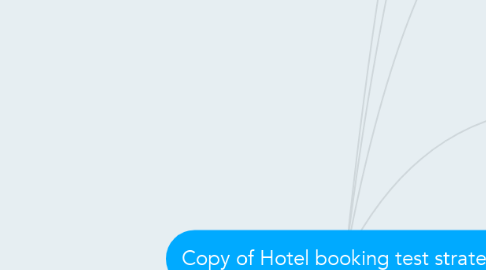
1. About Project
1.1. Project goals
1.1.1. - Hotel Booking System - Available 24/7 - System available for users from different countries
1.2. Technical description
1.2.1. - Communication with clients by using REST API - The data centers are in the United States and Russia - A single database are in the US - System Available 24/7
2. Functional testing
2.1. The server correctly process incoming requests (create/read/update/delete booking objects)
2.2. The server correctly responds to requests
2.3. All servers receive timely information about data changes.
3. Perfomance testing
3.1. How fast the system processes incoming requests and sends responses
3.2. Increasing the number of incoming requests per unit of time. Check the number of concurrent incoming requests. The behavior of the system at excessive number of requests.
3.3. Clients from different countries the default must be connected to the nearest servers for yourself. Network optimitation
4. Testing of data consistency
4.1. Race condition
4.1.1. How the server processes the request to read data, while another server carries out change / delete the same data
4.1.2. synchronous requests on booking the same room when requests processed by one server and two servers
4.2. Transactions
4.2.1. Third party is requesting booking the room, but this room is already on the booking stage. Check two scenarios when requests processed by one server and two servers
4.2.2. How the system processes incomplete transaction at the time when it unexpectedly aborted or canceled correctly

